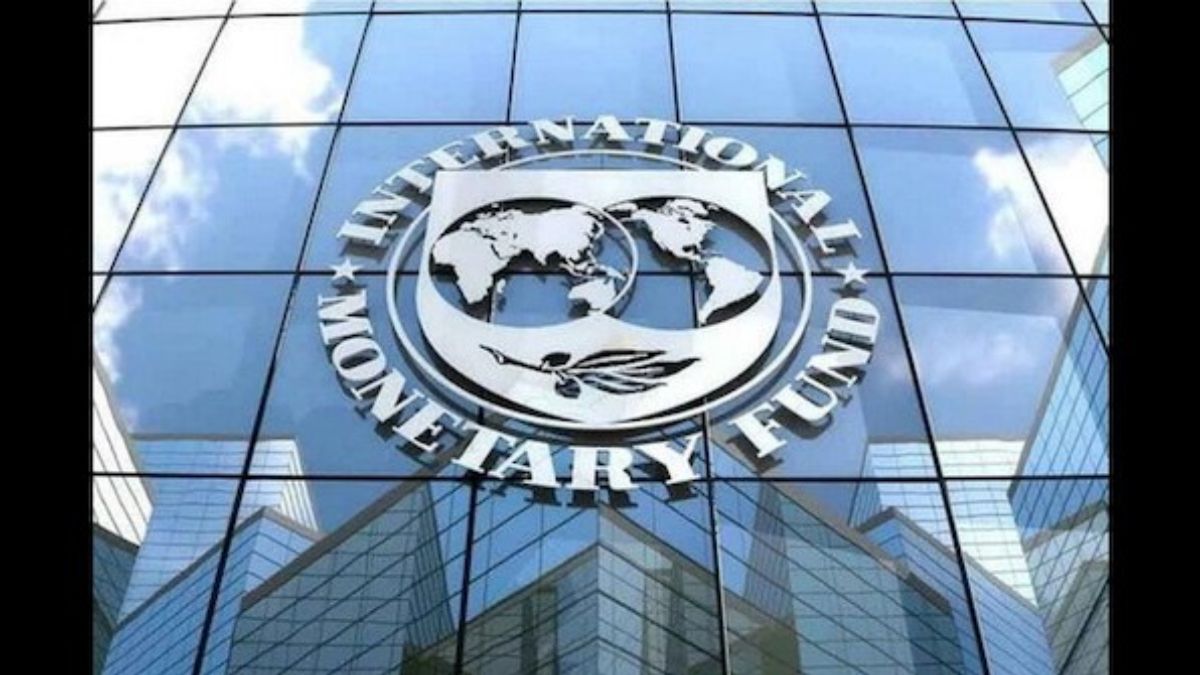The International Monetary Fund (IMF) on Friday warned that trade tensions continue to pose risks to the global economic outlook, even as financial conditions improve and inflation shows signs of easing.
IMF First Deputy Managing Director Gita Gopinath said the Fund would update its global growth forecast later in July, taking into account recent front-loading of trade ahead of tariff hikes, trade diversion patterns, improved financial conditions, and ongoing disinflation.
In April, the IMF had cut its 2025 global growth forecast by 0.5 percentage points to 2.8%, citing the impact of U.S. tariffs at 100-year highs and escalating trade disputes. The Fund also reduced its projection for 2024 by 0.3 percentage points to 3%.
Economists now anticipate a modest upward revision in the upcoming July forecast.
Gopinath told finance officials from the Group of 20 major economies who met this week in South Africa that trade tensions continued to complicate the economic outlook.
“While we will update our global forecast at the end of July, downside risks continue to dominate the outlook and uncertainty remains high,” she said, in a text of her remarks.
She urged countries to resolve trade tensions and implement policy changes to address underlying domestic imbalances, including scaling back fiscal outlays and putting debt on a sustainable path.
Gopinath also underscored the need for monetary policy officials to carefully calibrate their decisions to specific circumstances in their countries, and stressed the need to protect central bank independence. This was a key theme in the G20 communique released by finance officials.
Impact Shorts
More ShortsGopinath said capital flows to emerging markets and developing economies remained sluggish, but resilient, in the face of increased policy uncertainty and market volatility. For many borrowers, financing conditions remained tight.
For countries with unsustainable debt, proactive moves were essential, Gopinath said, repeating the IMF’s call for timely and efficient debt restructuring mechanisms.
More work was needed on that issue, including allowing middle-income countries to access the G20’s Common Framework for Debt Restructuring, she said.
With inputs from agencies


)

)
)
)
)
)
)
)
)



